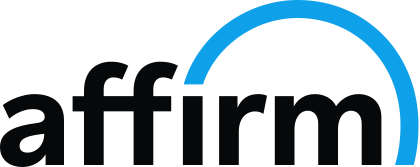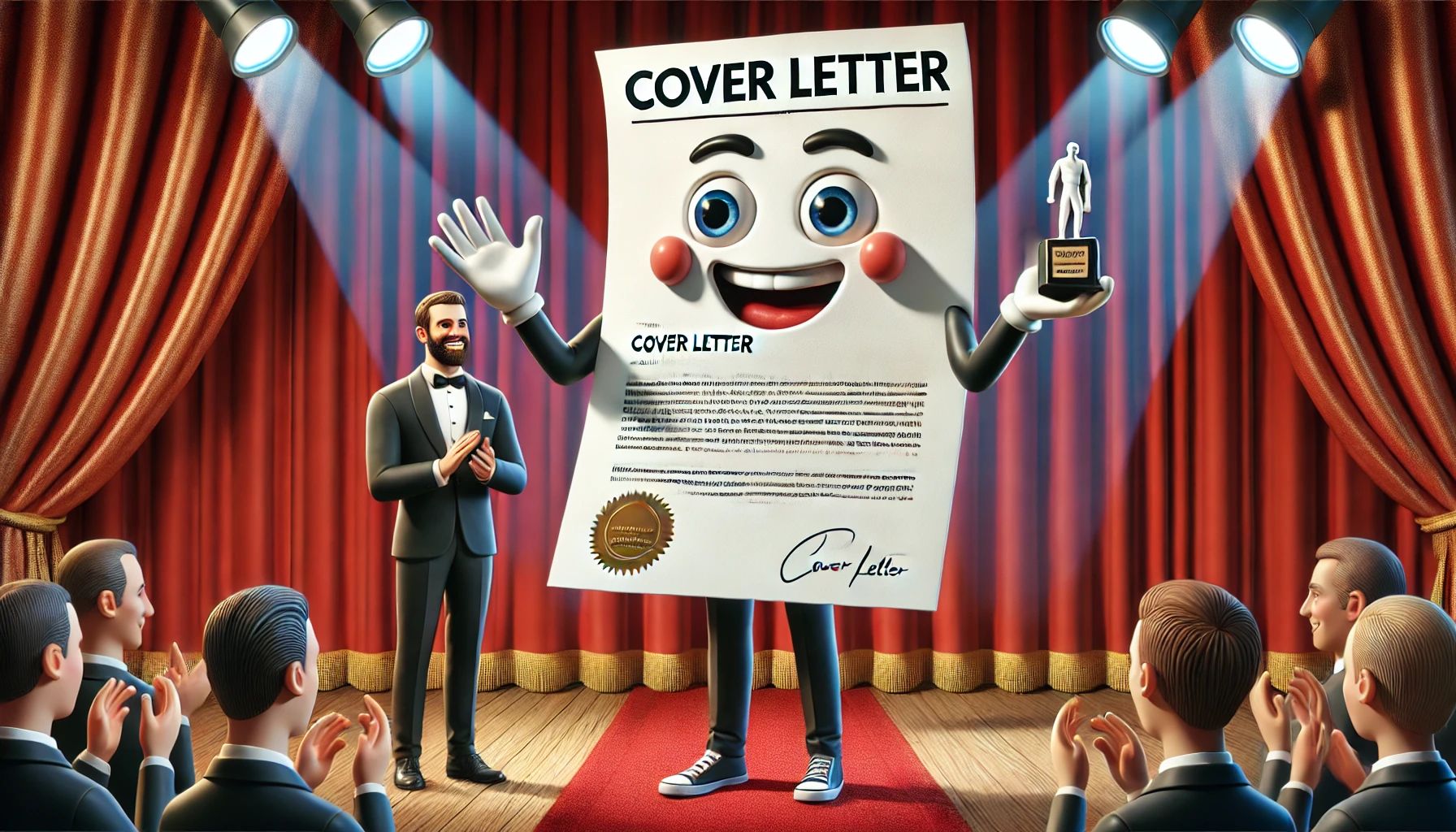
Throughout the years, advice has been passed down through various professionals and educators with regard to resume writing. Some of it is good, but a lot of it erroneous. This faulty advice has often locked applicants into imaginary boxes that yields poor results. And we are not just talking about any professionals. Many job training agencies and career professionals happen to be the biggest culprits when it comes to passing along dated and erroneous information. Here are three of the most common myths that you should get past in order to unlock the true power of your job candidacy.
Resume Writing Myth #1: Your resume should be structured in certain ways for certain professions
I can’t blame you if you fell for this one. After all, we always want to assume that there is one ideal solution. “All IT resumes should be structured like this … all Engineering resumes should be laid out like that.” A very common question professional resume writers receive is “How should a (enter profession here) look?” Well, the real answer is that it depends upon many factors, not just the profession. For example, if Applicant A has 18 years of experience as a Project Manager with several major solution implementations under their belt, their resume should look drastically different than Applicant B, who may have relevant experience, but none within the past 6 years. How many positions are being included in total? Is the client’s background accomplishment heavy or does their candidacy leaning more on training and certifications? Don’t get wrapped up in looking for the standardized box in which to drop your resume.
Resume Writing Myth #2: Keep your resume at one page no matter what
This one is usually learned very early on, but the reason is understandable. Most people receive their first instruction on resume writing in high school or college. It is here they are instructed to keep the document to one page. But let’s remember that most new high school and college graduates have very little job experience to communicate. As such, it is usually beneficial in this circumstance to keep the document to one page. When your resume will be competing against dozens, maybe hundreds of others, you do not want your reader waiting an extra page of meaningless fluff. But the problem is that at some point, your experiences grow and and your resume needs to grow with it. A two-page resume is acceptable in most cases. In fact, since we are in the age of databases and applicant tracking systems, removing too much content from your resume will hurt its search strength. While brevity is always the goal, you do not want to bite off your resume’s nose to spite its face (in a manner of speaking).
Resume Writing Myth #3: Communicating how well-rounded and diverse I am will be great for my candidacy
Big mistake here. Unless you are seeking a position as a consultant, your reader generally does not care about your entire breadth of experience. They are looking to solve a set number of problems with the new hire. Your resume should be targeted and communicate (as quickly as possible) how your skills, experiences, training and certification will help to meet those immediate needs for which they are hiring. Now, once you are in the interview, communicating to the employer your other skills can set you apart from the other position finalists. But if you want consistency in securing interviews, be sure that you are resume focuses on specific skills, experiences, education and training needed for the targeted role.













